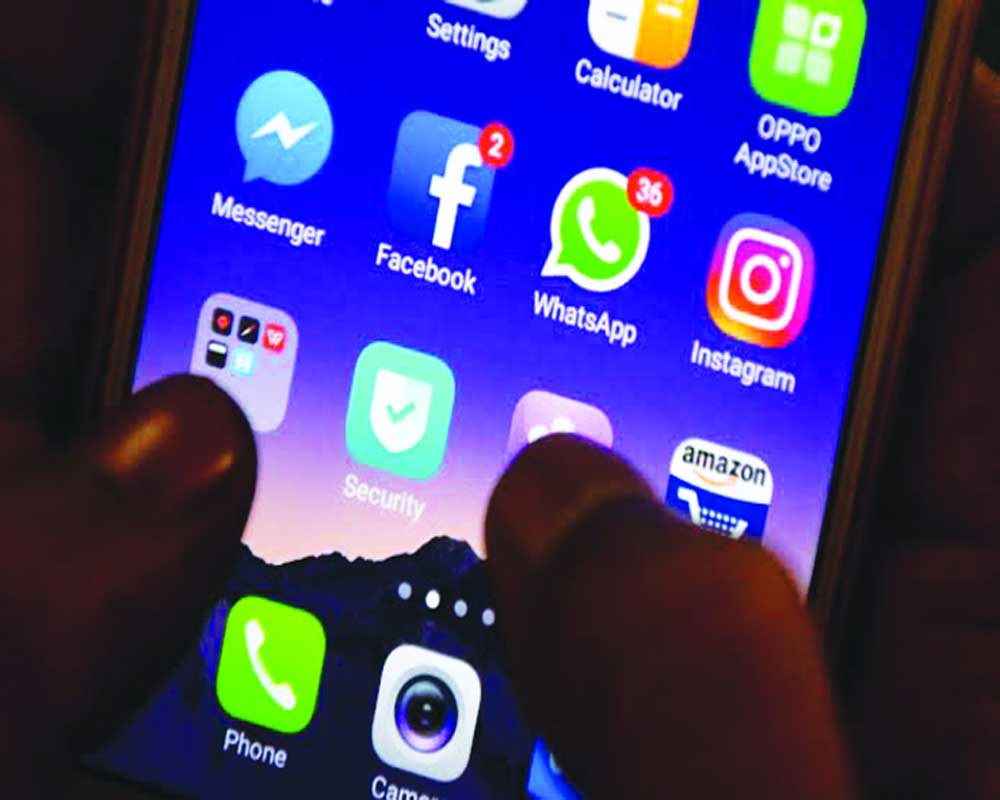Should digital platforms have their users uniquely linked to their identities with the Government?
It is a matter of serious conjecture whether technology, particularly the internet, has been good or bad for democracy. There is little doubt that the internet, especially social media, has opened up a floodgate of opinions. Traditional gatekeepers and voices have been swamped under the tsunami enabled by platforms like Twitter. At a level, it is not bad that the thought control, which the powers that be sought to maintain on the public, was through the media. This marked the end of access journalism and allowed the public at large to question the dominant media narrative. However, it also allowed stupid, silly and often downright dangerous ideas to gain prominence. It further gave oxygen to conspiracy theories that had long been buried under the sand. And worst, the rise of social media led to the rise of hate speech and abuse online. The challenge Governments and courts across the world are facing is how to cut the negative elements of social media and the internet without attacking the fundamentals of free speech. One must understand that across the world, freedom of expression does not include the right to abuse and spread lies. India is no exception, which is why the Supreme Court is hearing a petition to link online identities with a Government-approved offline identity. This is exactly what happens in China where every online persona has an identifiable individual behind it. However, free speech advocates have argued that doing so will ruin the essence of the internet. That said, one must not forget that unlike the US, the Indian Constitution does not guarantee absolute freedom of speech. There is another problem: Will the linkage of offline identities to online profiles violate the right to privacy that the top court itself guaranteed a few months ago?
The fact is that for an overwhelming majority of people in India, this will make little or no difference. Most people have little to hide. Besides, the Government already verifies mobile phones and bank accounts through Know Your Customer (KYC) norms. Some, however, are deeply upset with the idea that the Government is considering this, even though they themselves recognise that there has been a proliferation of hate speech and fake information online, let alone the constant barrage of abuse that women face on the internet. But the longer one studies the problem, there appears to be no middle path. It will be an interesting case for the judges of the apex court to consider and one that will be closely monitored across the world not just by judicial systems but also by tech companies.


























